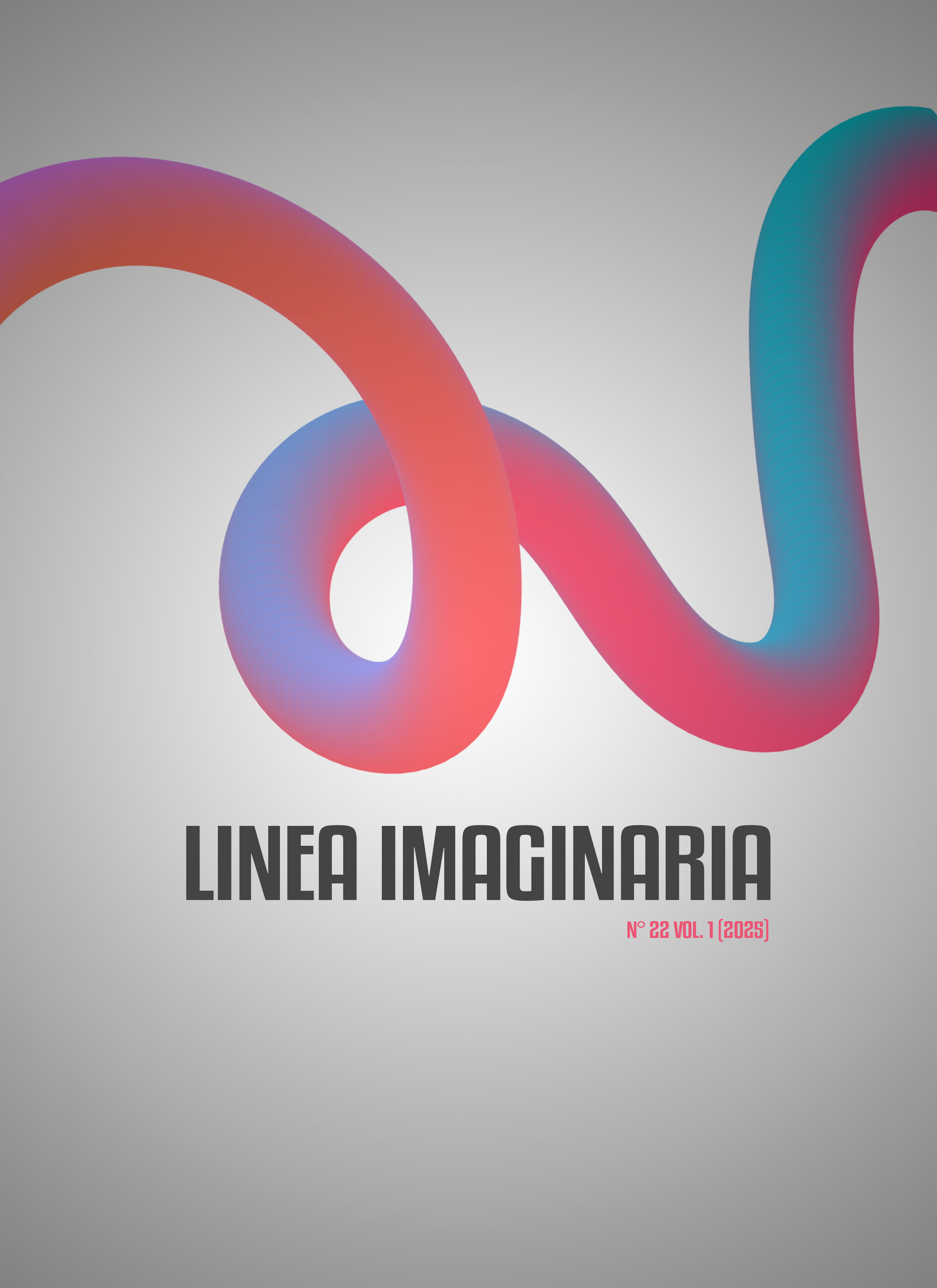AN APPROACH TO THE DEVELOPMENT OF SKILLS IN THE CLASSROOM: A REALITY OR A UTOPIA
DOI:
https://doi.org/10.56219/lneaimaginaria.v1i22.4188Keywords:
Multiple intelligences, talents, intelligence, motivational learningAbstract
ABSTRACT:
What is intelligence? What type of people are more intelligent? Why are some more intelligence than others? What is the best education to powerfully develop intelligence and obtain an honorable quantification? All these academic questions are what manipulate today´s education, they are what generate intellectual perfection in the search for results that are approved by schools, universities and even for connection to the workplace. But, how accurate is this educational approach for the development of talents within a modern, technological, dynamic and competitive society? Gardner proposes that these talents are multiple intelligences that must be the fundamental basis for defining the conditions of the teaching- learning process in each of its stages and elements. Therefore, intelligence should not be limited to its assessment in an imposed test, but rather one or more skills should be stimulated from a personal decision based on the learning expectation to define the resources, both of the individual and the context , and the strategies to be used, not for a written test that pigeonholes the student and defines their future, but to develop one or more talents that lead to efficient action within any field, both individually and as a team, even more so when the latter requires the sum of various talents for the execution of a task. The above should be both the means and the end of the new education. Therefore, it is concluded that the initial basis of this proposal considers defining the type of intelligence of the student in order to enhance it from pedagogical practice under a diverse and motivational mantle that leads to being more intelligence within the multiplicity of intelligence.
Downloads
References
Alabau, Irene (2022). Inteligencia corporal kinéstesica: que és, característica y cómo mejorarla. Psicología online. https://www.psicologia-online.com/inteligencia-corporal-kinestesica-que-es-caracteristicas-y-como-mejorarla-4701.html
Alabau, Irene (2022). Inteligencia espacial- visual: características, ejemplos y actividades. Psicología online. https://www.psicologia-online.com/inteligencia-espacial-visual-caracteristicas-ejemplos-y-actividades-4729.html
Atención a la diversidad en la escuela. Teoría de las inteligencias múltiples de Gardner. https://www3.gobiernodecanarias.org/medusa/ecoblog/csengui/85-2/#:~:text=Gardner%20define%20la%20inteligencia%20como,en%20una%20o%20más%20culturas.
Aula Planeta (2015). Ventajas de trabajar las inteligencias múltiples en el aula. https://www.aulaplaneta.com/2015/08/04/recursos-tic/ventajas-de-trabajar-las-inteligencias-multiples-en-el-aula-infografia
Castillero, Oscar (2017). Alfred Binet: biografía del creador del primer test de inteligencia. Psicología y Mente. https://psicologiaymente.com/biografias/alfred-binet
Ceupe Magazine. La inteligencia lingüística. https://www.ceupe.com/blog/la-inteligencia-linguistica.html
Flores, Mayra (2015). Inteligencias Múltiples. Revista Universidad Galileo. https://issuu.com/mayraflores00/docs/revista_de_inteligencias_multiples
Marmelada, Carlos A. (2003). Sobre el origen de la inteligencia humana. Grupo Ciencia, razón y fe. Univeridad de Navarra. Aceprensa. https://www.unav.edu/web/ciencia-razon-y-fe/sobre-el-origen-de-la-inteligencia-humana
Nueces y Neuronas. (2011). Entrevista de Eduard Punset a Howard Gardner. Fundación principe de Asturias. https://www.youtube.com/watch?v=OPaKQ7MF_RU
Psicorevista. Primeras pruebas mentales: McKeen Cattell. https://psicorevista.com/articulos-de-psicologia/primeras-pruebas-mentales-mckeen-cattell/
Tekman. (2022) ¿Qué es la inteligencia lingüística y cómo puedes mejorarla? https://www.tekmaneducation.com/inteligencia-linguistica/#:~:text=Nos%20referimos%20a%20la%20inteligencia,comunicarse%20y%20socializar%20en%20general.
Torres, Arturo (2016). Teoría de la Inteligencia de Francis Galton. Psicología y Mente. https://psicologiaymente.com/inteligencia/teoria-inteligencia-francis-galton
Downloads
Published
How to Cite
Issue
Section
License

This work is licensed under a Creative Commons Attribution-NonCommercial-ShareAlike 4.0 International License.
La revista Línea Imaginaria conserva los derechos patrimoniales (copyright) de las obras publicadas, que favorece y permite la reutilización de los mismos bajo la licencia Creative Commons Atribución-NoComercial-CompartirIgual 4.0 , por lo cual se pueden copiar, usar, difundir, transmitir y exponer públicamente, siempre que se cite la autoría y fuente original de su publicación (revista, editorial, URL y DOI de la obra), no se usen para fines comerciales u onerosos y se mencione la existencia y especificaciones de esta licencia de uso. Si remezcla, transforma o crea a partir del material, debe distribuir su contribución bajo la misma licencia del original.













